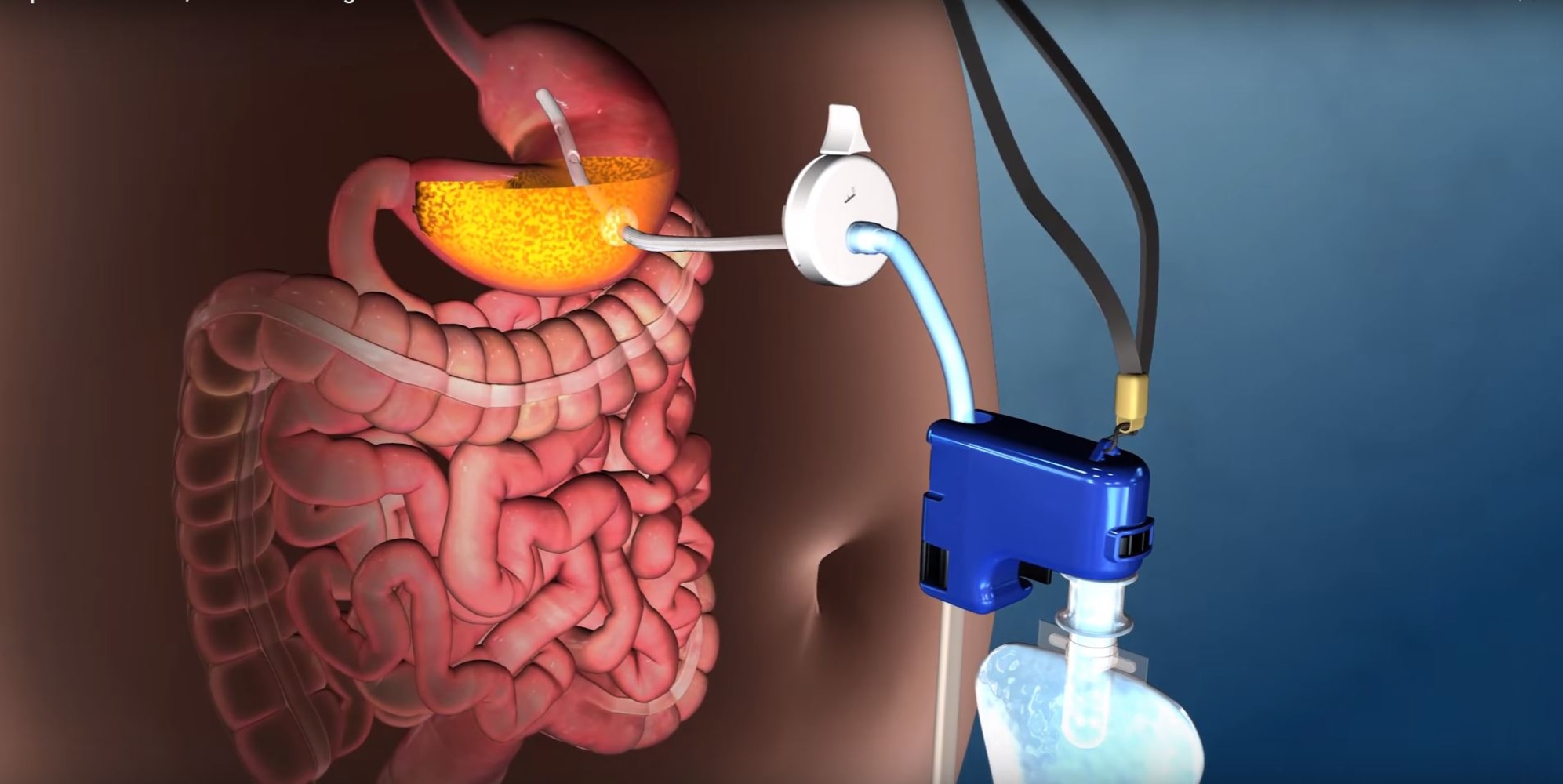JAMA's Obesity Issue: Old News and New Ideas
January's Journal of the American Medical Association is entirely devoted to obesity:
Six years ago, when JAMA last published a theme issue on obesity, there was optimism that progress was being made in preventing and treating obesity. As time...
Have a Coke and a Liver Transplant
Did you know that Nonalcoholic Fatty Liver Disease (NAFLD, which ultimately results in Nonalcoholic Steatohepatitis, or NASH) is the most rapidly increasing indication for liver transplants in young adults in the United States?
A comprehensive review...
Beating Type II Diabetes
Type II Diabetes (T2D) is a growing epidemic that will affect one out of every three Americans, according to the CDC. Even more concerning, about 90% of people who will eventually become diabetic are currently unaware that they are at risk. The graph...
Craving Sweets? Don't Do This
When food companies advertise their products with slogans like "No one can eat just one!", it's clear that cravings and addictions are good for business. But what's best for your health?
A recent article by investigative journalist Gary Taubes reinforces...
Eat Real Food
A recent Presidential Advisory from the American Heart Association on Dietary Fats and Cardiovascular Disease makes sweeping statements that have been further oversimplified by the media, at the risk of grossly oversimplifying a complex topic.
The...
Is Sugar Down for the Count?
Sugar has had a bad year or two. Several US cities have implemented so called “soft drink” taxes. Recent research by a UCSF team uncovered records revealing the sugar industry’s secret payoffs to academic scientists tasked with determining sugar’s...
Fake Science
News journalism is a mess. "Alternative facts" render truth-seeking almost impossible. But journalists have compounded the problems by abandoning their educational roots. As my Medill School of Journalism educated wife reminds me, the news should be...
Actions Speak Louder Than Words
It wasn’t unusual for patients to ask me, "If it were you, Doctor, what would you do?" After telling them that they had prostate or kidney cancer or that they had a large kidney stone that needed treatment, it was a natural question. And a wise one.
After all, if I would not follow my own advice, why should my patient?
The Solution to Poor Health
There's an expensive belief that the solution to poor health is more health care. Ironically, well-researched studies and the CDC argue against this belief – as costs and utilization of healthcare services have risen, so too has the prevalence of chronic disease.
Our health care system does an excellent job treating acute illness. However, our record reversing or curing chronic disease is much less impressive.
A Welcome Dose of Common Sense
This weekend's New York Times featured an editorial pushing back against the medical industry's most recent device for obesity and diabetes treatment, called the Aspire Assist. The Aspire Assist is essentially a tube surgically implanted into your stomach so you can drain a portion of your stomach contents after each meal, in an effort to avoid absorbing all the calories you consumed.
How is it that we've come to the point of believing that human physiology requires this degree of intervention to achieve a healthy weight, and healthy metabolism?
The authors of this article add their voices to the growing chorus that thinks our health is suffering because we're eating the wrong types of foods, not just too many calories.







![Fountain [(c) William Lawson]](https://ehop-production.s3.amazonaws.com/uploads/article/picture/87ae2e4a-5666-4c94-8e84-d414605f7721/fountain%40800w-01a62e5b_large.jpg)

